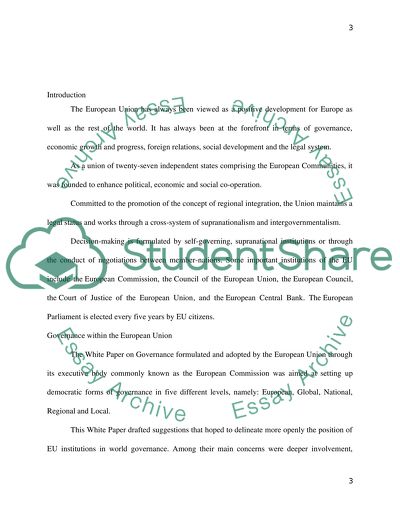Cite this document
(Governance within the European Union Term Paper, n.d.)
Governance within the European Union Term Paper. Retrieved from https://studentshare.org/politics/1573445-european-union
Governance within the European Union Term Paper. Retrieved from https://studentshare.org/politics/1573445-european-union
(Governance Within the European Union Term Paper)
Governance Within the European Union Term Paper. https://studentshare.org/politics/1573445-european-union.
Governance Within the European Union Term Paper. https://studentshare.org/politics/1573445-european-union.
“Governance Within the European Union Term Paper”. https://studentshare.org/politics/1573445-european-union.


